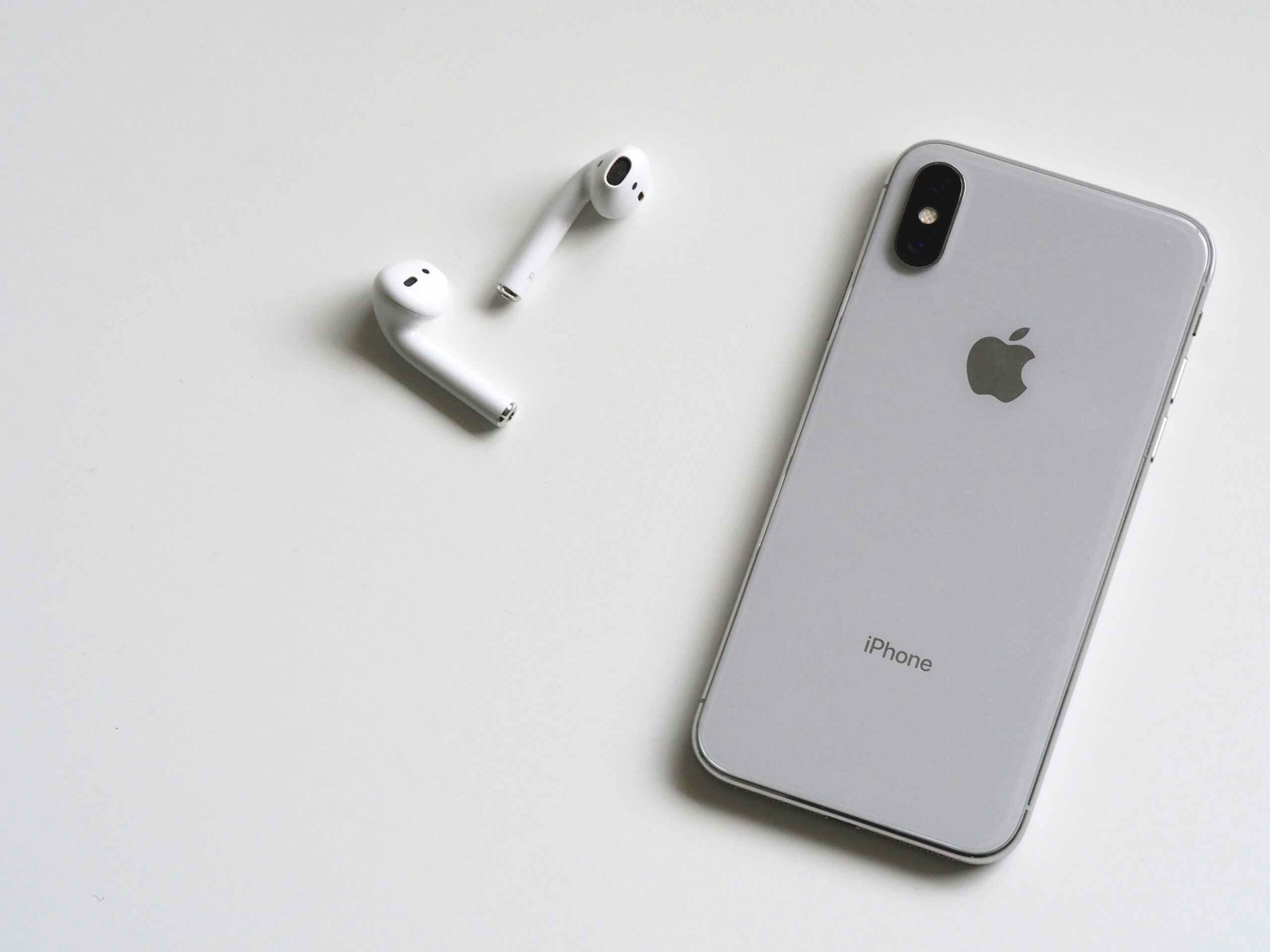The Battle for Control Who Really Owns T-Mobile?

The telecommunications industry has long been a battleground for rival companies vying for control and dominance. One such company that has been at the center of numerous battles for control is T-Mobile. As one of the major players in the wireless industry, T-Mobile’s ownership has been a subject of contention and speculation. With various stakeholders, investors, and competitors in the mix, the question of who truly owns T-Mobile and holds the reins of power becomes a complex and intriguing puzzle. In this article, we will delve into the battle for control over T-Mobile, examining the key players and their interests, as well as the implications of ownership struggles in this highly competitive sector.
In the dynamic world of telecommunications, one company has been at the center of a fierce battle for control – T-Mobile. With its innovative marketing strategies and disruptive business model, T-Mobile has emerged as a major player in the industry. However, the question of who really owns T-Mobile has been a matter of contention for years.
T-Mobile US, Inc., commonly known as T-Mobile, is a wireless network operator that provides mobile telecommunication services across the United States. The company was originally established in 1994 as VoiceStream Wireless PCS, and later rebranded as T-Mobile in 2002. Since then, it has grown steadily, challenging the dominance of industry giants like Verizon and AT&T.
Currently, T-Mobile US is a publicly traded company listed on the NASDAQ stock exchange under the ticker symbol TMUS. The largest shareholders of T-Mobile US are Deutsche Telekom, a German telecommunications company, and SoftBank Group Corp, a Japanese conglomerate. Deutsche Telekom holds approximately 43% of the company’s shares, while SoftBank owns around 24%.
Deutsche Telekom’s involvement in T-Mobile US dates back to 2001 when it acquired VoiceStream Wireless, the predecessor to T-Mobile. Over the years, Deutsche Telekom has increased its stake in the company, solidifying its position as the largest shareholder. The German company has actively participated in shaping T-Mobile’s strategies and direction, leveraging its extensive experience in the telecommunications industry.
On the other hand, SoftBank’s involvement in T-Mobile US is relatively recent. In 2013, SoftBank acquired a controlling stake in Sprint Corporation, another major US wireless carrier. This acquisition eventually led to a merger between T-Mobile US and Sprint in April 2020, creating a stronger competitor to Verizon and AT&T. As a result of the merger, SoftBank became a significant shareholder in T-Mobile US.
However, the battle for control does not end with Deutsche Telekom and SoftBank. There are other notable shareholders in T-Mobile US, including various institutional investors and individual shareholders. These shareholders collectively hold a considerable stake in the company and have a say in its decision-making processes.
Furthermore, T-Mobile US operates independently as a separate entity, with its own management team and board of directors. While the major shareholders undoubtedly have a significant influence on the company’s direction, the day-to-day operations and decision-making are primarily driven by T-Mobile US itself.
The battle for control of T-Mobile US reflects the competitive nature of the telecommunications industry. As technology continues to evolve and consumer demands change, companies are constantly vying for dominance and market share. T-Mobile US has managed to carve out a unique position for itself, challenging the traditional players and pushing the boundaries of innovation.
T-Mobile US is owned by a combination of major shareholders, including Deutsche Telekom and SoftBank. These shareholders, along with other institutional and individual investors, exert influence over the company’s direction. Nonetheless, T-Mobile US operates independently and continues to disrupt the industry with its innovative strategies. The battle for control is ongoing, reflecting the ever-changing landscape of the telecommunications sector.


























